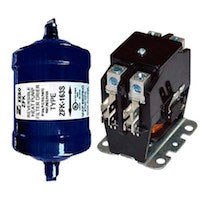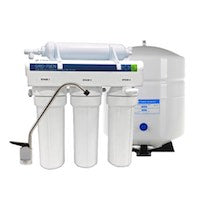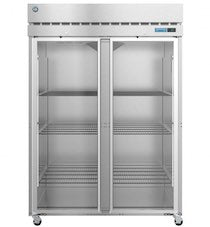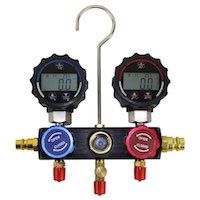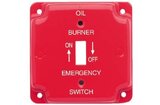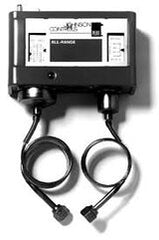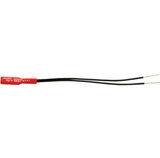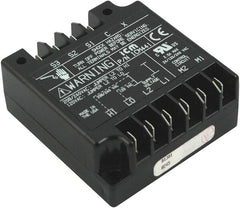
The Importance of Effective Controls in Your Business Operations
In today's fast-paced business environment, having the right controls in place is crucial for ensuring smooth operations and mitigating risks. Whether you are managing financial controls, quality controls, or operational controls, the impact on your organization's efficiency cannot be overstated.
Why You Need Controls:
Effective controls are the backbone of any well-run business. They help in maintaining compliance with regulations, safeguarding assets, and ensuring the accuracy of financial reporting. For businesses in highly regulated industries, such as finance or healthcare, controls are not just a best practice—they are a necessity.
Benefits of Implementing Strong Controls:
1. Risk Management: One of the primary benefits of implementing robust controls is enhanced risk management. By establishing clear processes and procedures, businesses can identify potential risks early and take proactive measures to mitigate them.
2. Operational Efficiency: Controls contribute to improved operational efficiency by streamlining processes, reducing redundancies, and ensuring that resources are used optimally. This leads to cost savings and higher productivity.
3. Quality Assurance: Quality controls ensure that products or services meet the required standards before reaching the customer. This not only boosts customer satisfaction but also reduces the likelihood of costly recalls or rework.
4. Financial Accuracy: Financial controls are essential for ensuring the integrity of financial data. They help in preventing fraud, errors, and misstatements, thereby increasing the reliability of financial reports. This is particularly important for gaining the trust of investors and stakeholders.
5. Compliance and Regulation: Adhering to regulatory requirements is a critical aspect of business operations. Strong controls help businesses stay compliant with laws and regulations, avoiding potential fines and legal issues.

 HVAC
HVAC
 Plumbing
Plumbing
 ELECTRICAL
ELECTRICAL
 Tools & Test Instruments
Tools & Test Instruments




